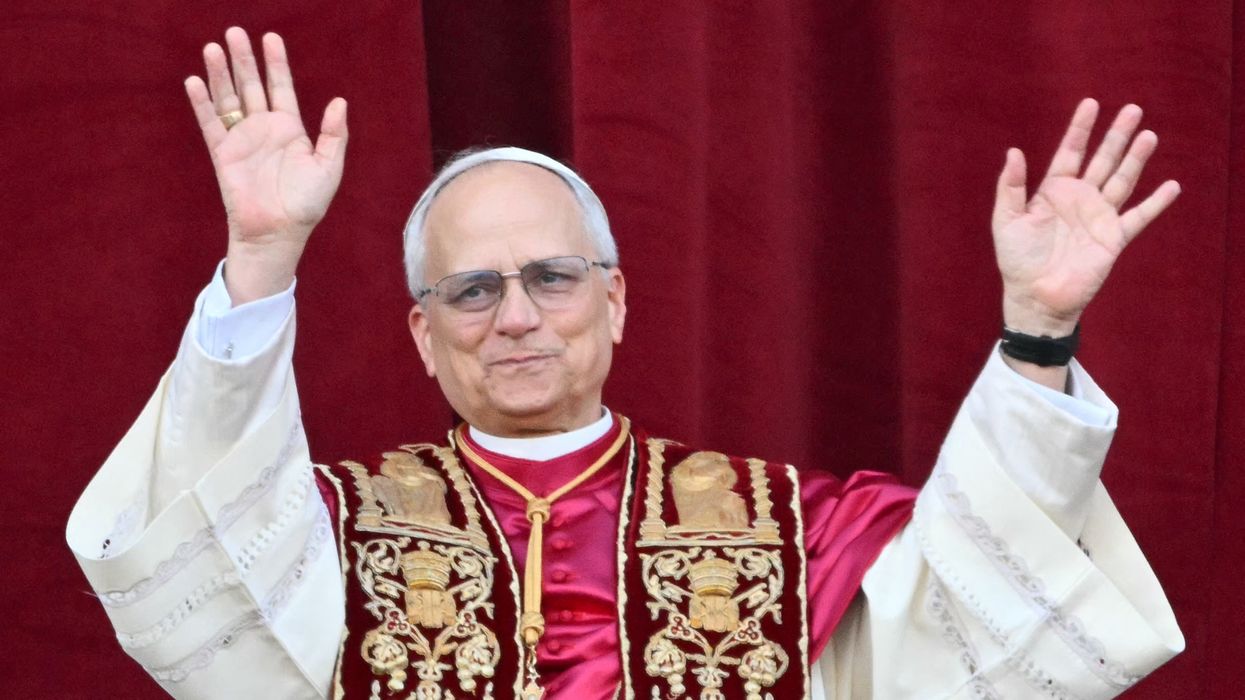THE trial of a high-profile money laundering case ended without making any significant headway as a judge refused to grant more time to the Crown Prosecution Service (CPS) to produce evidence.
He blamed the collapse of the case on the “systemic and catastrophic” disclosure failings by the CPS and said the ill-prepared case meant the court’s time and public money were wasted.
A couple - Muhammad Ahsan Javaid and Amna Gulzar – and two others were accused of conspiring to launder £34 million between 2012 and 2018 with false identities by setting sham companies and accounts. They were also believed to have stashed away cash in 43 bank accounts before transferring the money from the UK to Pakistan and other countries. The prosecution also claimed that they used money service bureaus for their alleged financial offence.
In 2016, HM Revenue & Customs had arrested Javaid with nearly £100,000 in his vehicle. Javaid, who claimed he was unaware of the presence of the cash, was again arrested at his home the following year, with £50,000 in his brother’s bedroom. Javaid spent more than two years in custody and another year under curfew.
All the four suspects have denied wrong-doing.
According to The Times, judge Charles Falk at Snaresbrook crown court said that it must have been “obvious” to prosecutors from an early stage that HMRC and other agencies might have evidence that could assist the defence. But it was not until after the start of the trial that the CPS requested material from investigating agencies.
“Catastrophic failure has come about because the investigation exponentially grew in size without sufficient manpower, resources, training or expertise being allocated to it”, the judge said.
On its part, the CPS admitted to a failure to follow reasonable lines of inquiry to ensure a fair trial.
However, it was “committed to working with investigators at an early stage, developing proportionate and timely cases while ensuring a fair trial for all defendants”, a CPS spokesperson told The Times.



















